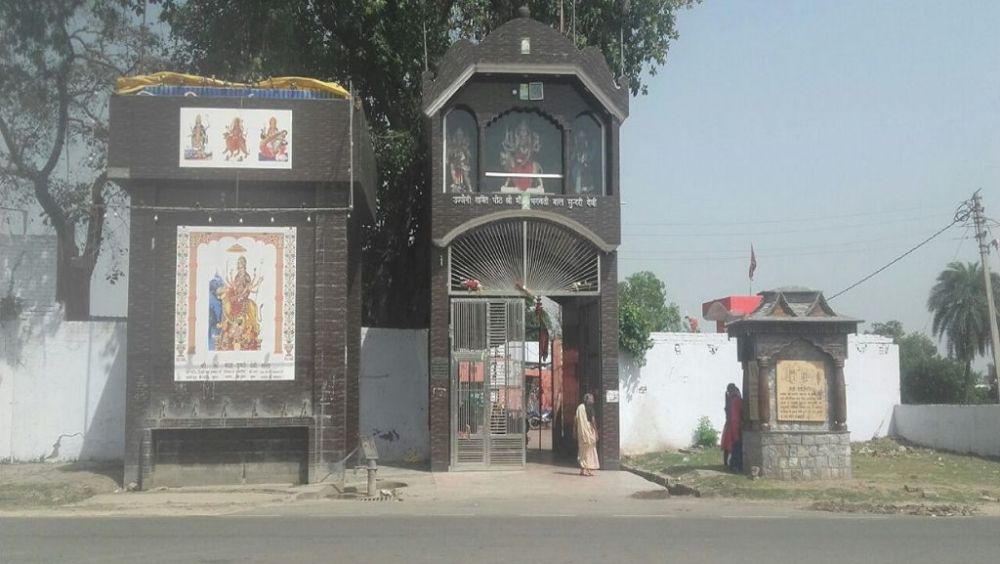

Nestled among the serene beauty of Champawat in Uttarakhand, the Chaiti Devi Temple is a significant place of worship that has beckoned pilgrims for centuries. The temple is dedicated to Goddess Chaiti Devi, an incarnation of Goddess Durga and embodies the profound spirituality of the Kumaon culture. The history of tourism linked to this sacred shrine is punctuated with tales of faith and devotion, and over time, it has become a must-visit destination for those seeking spiritual solace.
The roots of tourism at the Chaiti Devi Temple can be traced back to the days when ancient trade routes crisscrossed the Himalayas. Devotees have long been visiting the temple, particularly during the auspicious Navratri festival, which marks a peak in the pilgrimage season. Over time, this consistent influx of pilgrims has laid the foundation for a thriving tourism culture focused on spirituality and nature.
In recent decades, efforts have been made to improve infrastructure to accommodate and attract more tourists to this highland sanctuary. Improved roads, provision of basic amenities like guest houses and eateries, and enhanced communication facilities have turned Champawat into a more accessible and comfortable destination.
With the rise of eco-spiritual tourism, visitors to Champawat now seek a holistic experience that combines their religious pursuits with an appreciation for the environment. The trend towards experiential travel has seen tourists engaging more with the local culture, participating in traditional rituals, and savoring the local cuisine.
Recognizing the importance of sustainability, recent tourism practices at the Chaiti Devi Temple also emphasize the need for responsible tourism. Efforts are underway to preserve the natural habitat and cultural integrity of the area while promoting tourism. This includes managing waste effectively, promoting conservation, and ensuring that the local community benefits from the tourism industry.
As a place that merges the divine and the picturesque, the Chaiti Devi Temple in Champawat continues to evolve as a beacon for pilgrims and tourists alike. Its enduring charm and the recent push towards sustainable and experience-led travel, mean that this ancient sanctuary will continue to be a cherished destination for many years to come.